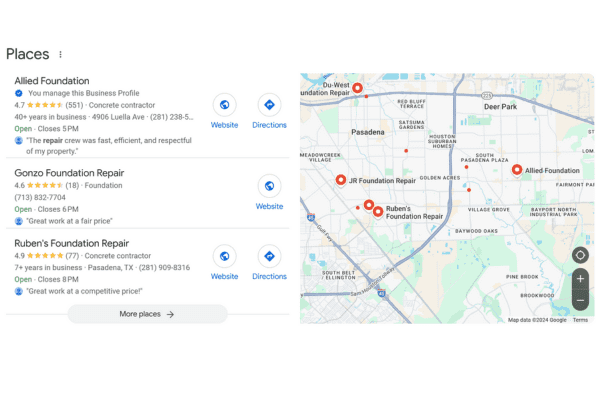The new ADA web compliance rules are upon us and many companies are still confused as to how these regulations impact them. To be perfectly clear, any business that has a website should make sure their website is accessible for all who visit it. There are many risks associated with ADA non-compliance, including fines. Here’s what you need to know:
Who Needs to Comply with ADA
There have been a number of landmark cases regarding ADA compliance and online accessibility. Unfortunately, those cases have given rise to a variety of different beliefs about who and what should be subject to ADA rules. The most important thing to understand is that the ADA was written to ensure that all individuals would have equal access to businesses and other accommodations.
The law was first written in 1988, at a time when nearly all business was done at on-site brick and mortar locations, so that is how the law has been widely applied. However, with new online marketplaces, there have been a whole host of accessibility issues that arise.
Disabilities that would not hinder someone from going into Walmart and making a purchase may still prevent that same person from buying that product on Amazon at a lower price because of a poorly designed site. Thus, ADA web compliance guidelines were released to help companies meet the same level of accessibility online as they do in-store.
For the most part, judges have ruled that any business who has a website that ties directly to their physical stores must meet ADA web compliance rules. However, other companies, like social media sites, which do not have a physical place of business, were able to skirt these rules for a while. After a variety of lawsuits on this subject, more and more people now expect all websites to be compliant because they see the entire world wide web as a place of “public accommodation”, which falls within the definition of ADA regulated spaces.
What Are You Risking?
Currently, there are a lot of things on the line when it comes to ADA compliance for websites. There is no good way for you to know if a particular customer is viewing your site, or if they will sue you for non-compliance. While it might be easy to think that users with disabilities would simply go to another site if they find yours difficult, the fact is that they have a right to sue you, especially if you are in a position of offering a service that nobody else around can provide. You definitely don’t want to be caught off guard by a sudden lawsuit in the mail.
For the most part, courts have demanded that companies get their websites up to ADA compliance, and repay the plaintiff’s legal fees for the suit. That may not sound like much, but now we are seeing more and more of these suits going all the way to the Department of Justice for hard rulings. Some of these cases have ended with fines and other civil penalties. Moreover, some judges are looking to make an example of companies who do not comply. You don’t want to be on the receiving end of those penalties.
Aside from the penalties that come with a lawsuit, the simple truth is that ADA compliance is just good customer service. The WCAG 2.0 guidelines are very easy to understand, and there are a variety of companies who specialize in compliance ready sites today. There is really no excuse for being out of compliance, and it is definitely not worth the risk of going before a judge, even if you escape without fines in the long run. The suit will tie up your time and keep you from running your business effectively, not to mention all the bad press.















